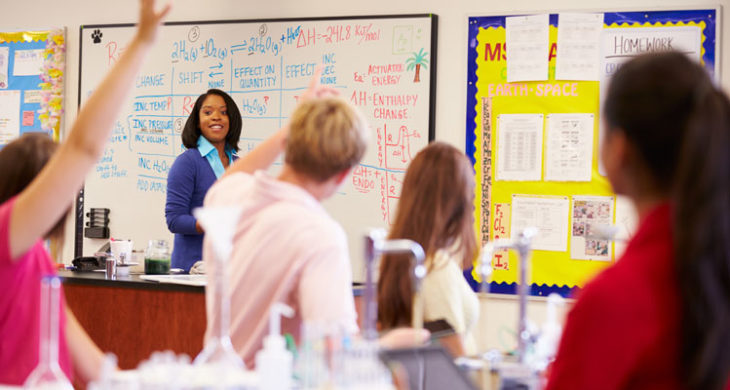When asked to picture an extremely intelligent person, who comes to mind? Maybe a physicist like Albert Einstein or an inventor like Thomas Edison? For years, intelligence was narrowly defined to a singular type of intellect and standard intelligence tests tended to focus only on verbal and mathematical intelligence.
But Howard Gardner, a professor of education at Harvard University, challenged that assumption when he developed his theory of multiple intelligences. Gardner concluded that there are several ways people can demonstrate intelligence, each based on the way a person processes information. “A belief in a single intelligence assumes that we have one central, all-purpose computer—and it determines how well we perform in every sector of life,” Gardner explained in an article published in The Washington Post. “In contrast, a belief in multiple intelligences assumes that we have a number of relatively autonomous computers—one that computes linguistic information, another spatial information, another musical information, another information about other people, and so on.” Although these intelligence types are not the same as learning styles, they are helpful for educators to be aware of.
Gardner first explained this concept in his book, Frames of Mind: The Theory of Multiple Intelligences. Here’s a brief summary of each of the types of intelligence he identified:
Howard Gardner’s Multiple Intelligences:
Spatial Intelligence
The ability to understand and manipulate visual space such as maps and graphs. Professions include pilots, sailors, architects, and chess players.
Bodily-Kinesthetic Intelligence
The ability to use the body to solve problems or create products. Professions include dancers, physical therapists, mechanics, and carpenters.
Musical Intelligence
The ability to make music out of sounds by singing, playing instruments, or composing music. Professions include musicians, composers, and singers.
Linguistic Intelligence
The ability to process words and their meanings and produce oral and written language. Professions include journalists, lawyers, and speech pathologists.
Logical-Mathematical Intelligence
The ability to solve equations, develop proofs, and work with the logical connection of symbols. Professions include auditors, mathematicians, computer analysts, and scientists.
Interpersonal Intelligence
The ability to interact with others and understand their motivations, feelings, and moods. Professions include judges, negotiators, and business and sales managers.
Intrapersonal Intelligence
The ability to understand one’s own feelings and motivations (also called self-intelligence.) Professions include psychologist, actors, and researchers.
Naturalistic Intelligence
The ability to understand the natural world, such as distinguishing plants and cloud formations. Professions include meteorologists, botanists, and astronomers.
Existential Intelligence (added later)
The ability to think philosophically and see larger meanings in life. Professions include theologians, scientists, and life coaches.
This short video from Psych2Go illustrates each theory:
9 Types of Intelligence courtesy of Psych2Go, used with permission.
Gardner has also written about a “pedagogical” (teaching) form of intelligence, explaining that “we’re the only species that teaches, and as young as two or three, kids can already teach.” Gardner refers to many of these types of intelligence as “personal intelligence,” telling the Harvard Gazette, “I also think that personal intelligences are easier to keep improving than logical-mathematical intelligence and musical intelligence, both of which are better off if you start early. That’s why we have prodigies in those areas.”
Many teachers have begun using these concepts in the classroom. Gardner suggests that educators “individualize” to each students’ specific type of intelligence. “By individualizing,” Gardner wrote in a 2011 intro for his book, “I mean that the educator should know as much as possible about the ‘intelligences profile’ of each student for whom he has responsibility; and, to the extent possible, the educator should teach and assess in ways that bring [out] that child’s capacities.”
If you find your child’s educators are not teaching in a way that utilizes his or her particular intellect, consider other school alternatives such as public school at home through online learning. Visit K12.com to learn more and find a virtual school in your area.
,










